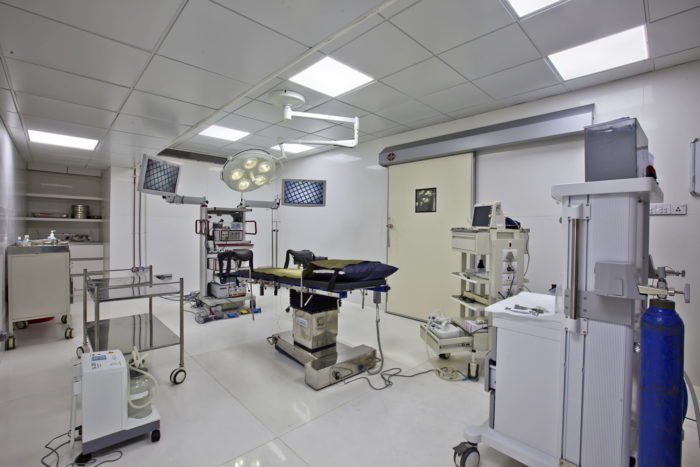A collaborative study out of Western University in London, Ont., and the University of Birmingham in the United Kingdom has found that COVID-19 patients who undergo surgery are significantly more likely to die or suffer lung complications when compared to similar patients who do not have COVID-19.

The CovidSurg Collaborative examined data from 1,128 patients from 235 hospitals in 24 countries around the world in Europe, Africa, Asia, and North America which found almost one in four COVID-19 patients who underwent surgery died within a month.
The overall 30-day mortality rate was 23.8 per cent and was “disproportionately higher than expected across all subgroups” including an 18.9 per cent elective surgery mortality rate, 25.6 per cent rate for emergency surgery, 16.3 per cent for minor surgery like hernia repair, and 26.9 per cent for major surgery such as hip surgery or colon cancer surgery.
“We would normally expect mortality for patients having minor or elective surgery to be under one per cent, but our study suggests that in SARS-CoV-2 patients these mortality rates are much higher in both minor surgery and elective surgery,” said co-author Aneel Bhangu, senior lecturer in surgery at the University of Birmingham.
“In fact, these mortality rates are greater than those reported for even the highest-risk patients before the pandemic,”
Additionally, more than half — 51 per cent — of patients developed pulmonary complications within 30 days after surgery.
“We set out to take a look at … patients who are diagnosed with COVID-19 before surgery or in the 30 days after their surgery to see whether or not they did worse,” explained Western University associate professor Janet Martin.
“What we found was that they were more likely to die and more likely to have pulmonary complications. So it’s interesting because the the number of patients who died and the number of patients who had pulmonary complications was several fold greater than what we would expect for similar patients undergoing surgery without COVID-19.”
Martin says most of the deaths were due to respiratory failure, pneumonia, or an acute pulmonary complication.
The goal is to use the data to inform guidelines for surgery for those who might, or are confirmed, to have COVID-19.
“What is the trade-off undergoing surgery if you might have COVID or if you do have COVID versus what is the harm of waiting until that COVID is no longer a risk to you?” Martin said.
“So it’ll be all about weighing those: the benefit of immediate surgery versus the benefit of waiting later for that surgery, and weighing benefits versus risks is really going to be the art of surgical decision-making now while COVID is still circulating.”
The study also found that mortality rates were higher for men than women, at 28.4 per cent versus 18.2 per cent respectively.
As well, patients age 70 or older had a mortality rate of 33.7 per cent compared with a mortality rate of 13.9 per cent for those under 70.










Comments